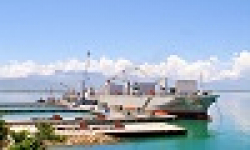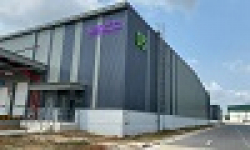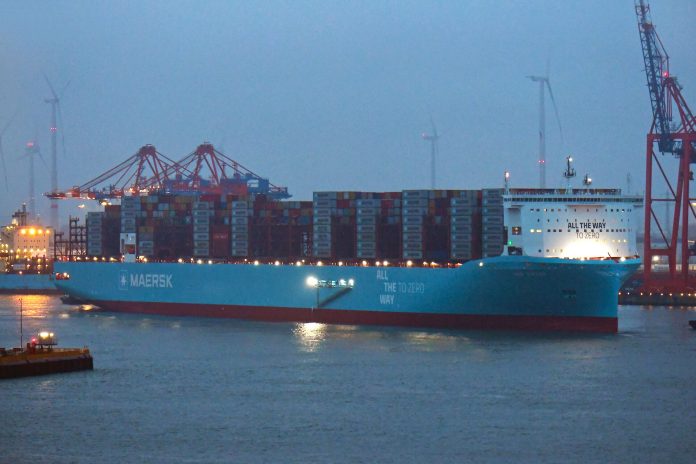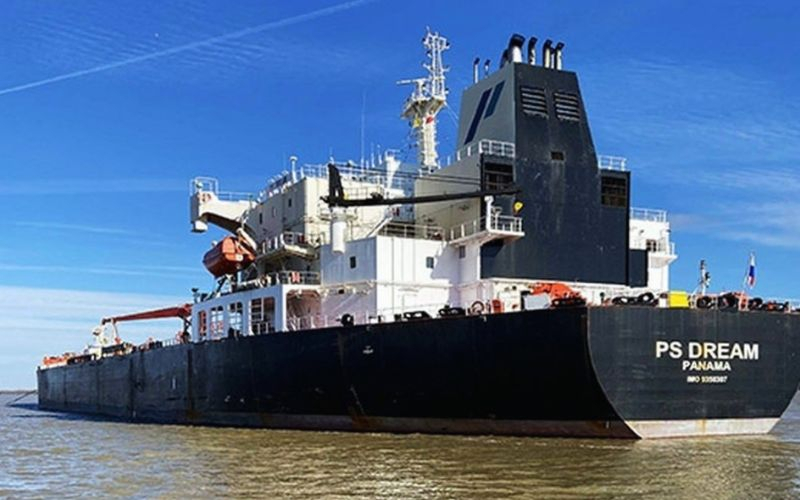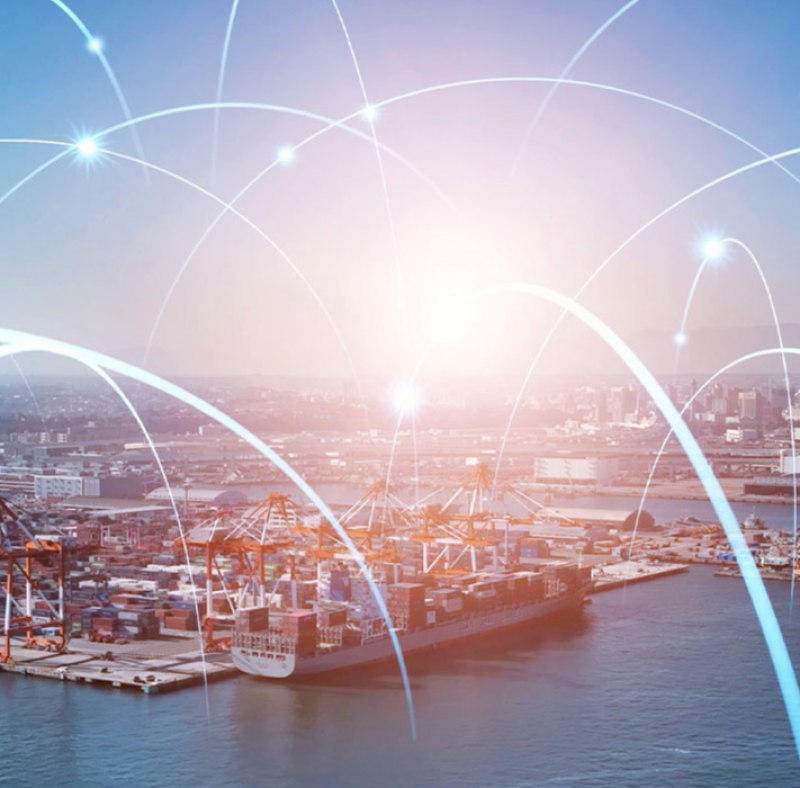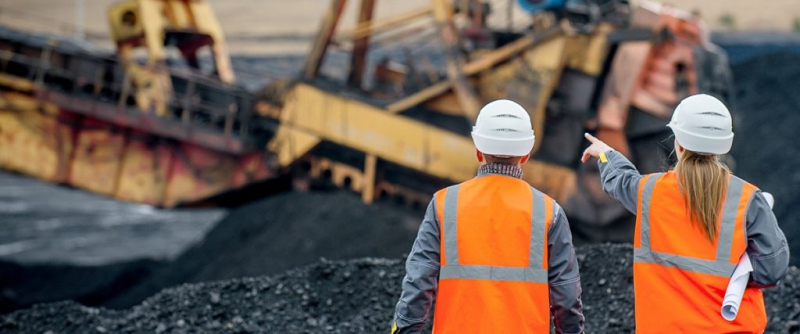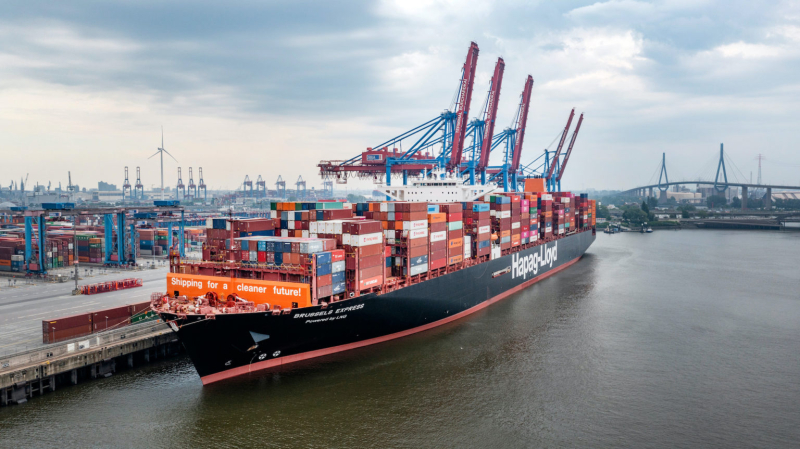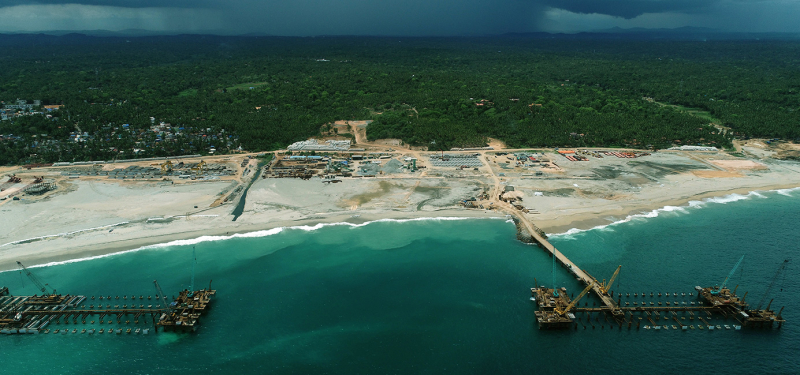On the morning of 28 March, Ane Maersk, the world's first large container ship capable of utilizing methanol as fuel, with a capacity of more than 16,000 TEUs, arrived at Eurogate Container Terminal Hamburg for the first time during its maiden voyage from Asia to Europe.
The Ane Maersk marks a significant milestone as the first of its kind to adopt methanol propulsion and make a call at the German port.
"Ane Maersk's arrival at the Port of Hamburg underscores the maritime sector's swift progress towards climate neutrality. It reflects the Port of Hamburg's commitment to carbon neutrality," stated Axel Mattern, CEO of Port of Hamburg Marketing.
With dimensions of 350 meters in length and 53.5 meters in width, Ane Maersk features a new ship design with bridge superstructures positioned at the forefront of the bow.
Also, this design adjustment was necessary to accommodate larger tanks required for methanol storage, as methanol possesses roughly half the energy content of fossil oil, necessitating larger fuel volumes. Currently utilizing environmentally friendly bio-methanol, Ane Maersk emits approximately two-thirds less greenhouse gases compared to conventional fossil fuels such as ultra-low sulfur oil.
Furthermore, the potential for drastically reducing emissions to over 90% is anticipated with the use of synthetically produced e-methanol, with production facilities currently underway, including one near Aabenraa in Denmark, just over the German border, slated to commence operations this summer. Maersk is set to procure green e-methanol from European Energy's production line.
Given the limited availability of green methanol globally, Ane Maersk and its sister vessels are equipped with dual-fuel technology, enabling them to also operate on biodiesel or ultra-low sulfur oil. Maersk has plans for an additional 23 methanol-capable vessels (ranging from 9,000 to 17,000 TEUs) scheduled for delivery until 2027. Methanol offers the advantage of being non-toxic and easily manageable as a marine fuel.
Ane Maersk is currently deployed on Maersk's Asia-Europe liner service (AE-7), with a route encompassing 14 ports including Ningbo, Shanghai, Nansha, Yantian, Tanjung Pelepas, Colombo, Tangiers, Felixstowe, Hamburg, Antwerp, London, Le Havre, Tangiers, Khalifa Seaport, Jebel Ali (Dubai), and Ningbo. The voyage typically spans 98 days, avoiding the Red Sea, including the Suez Canal, and the Cape of Good Hope.
Scheduled to depart from the port of Hamburg bound for Antwerp on 30 March 2024, Ane Maersk continues its journey as a pioneering vessel in the realm of sustainable maritime transportation.



